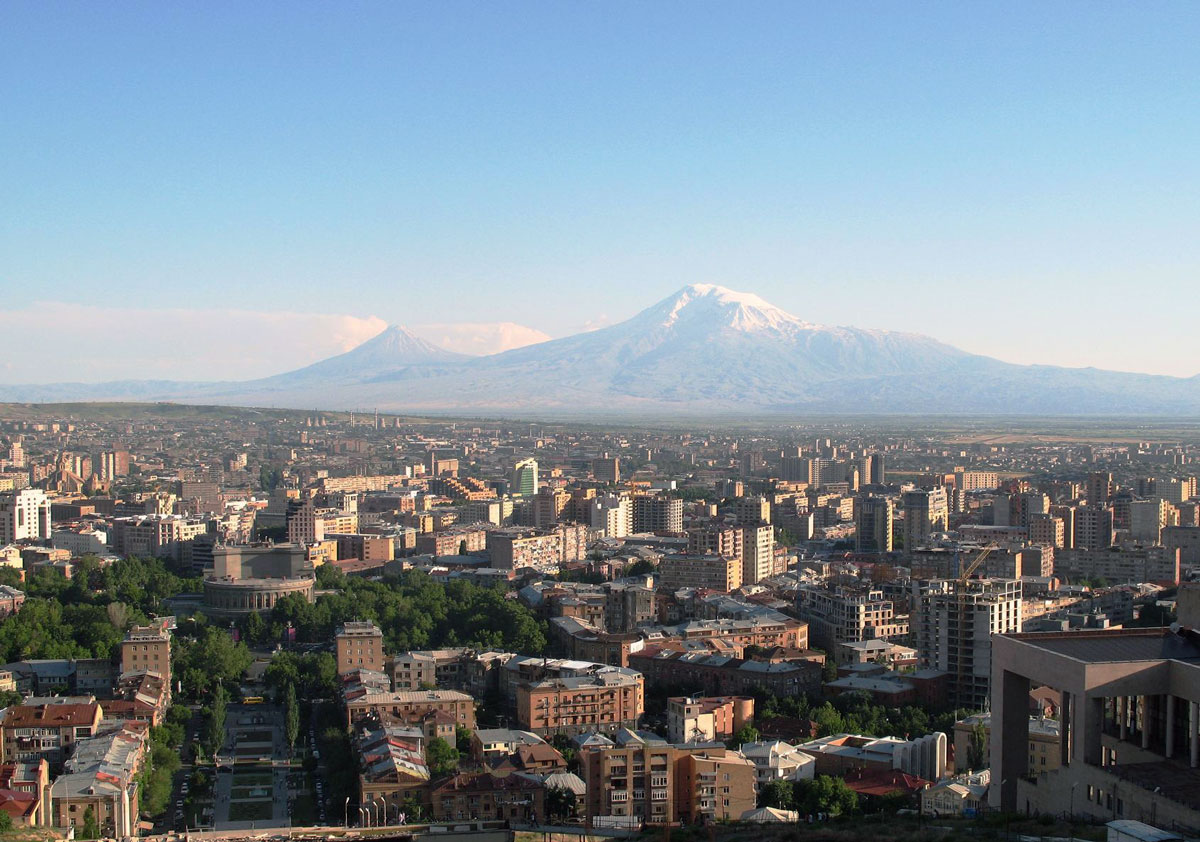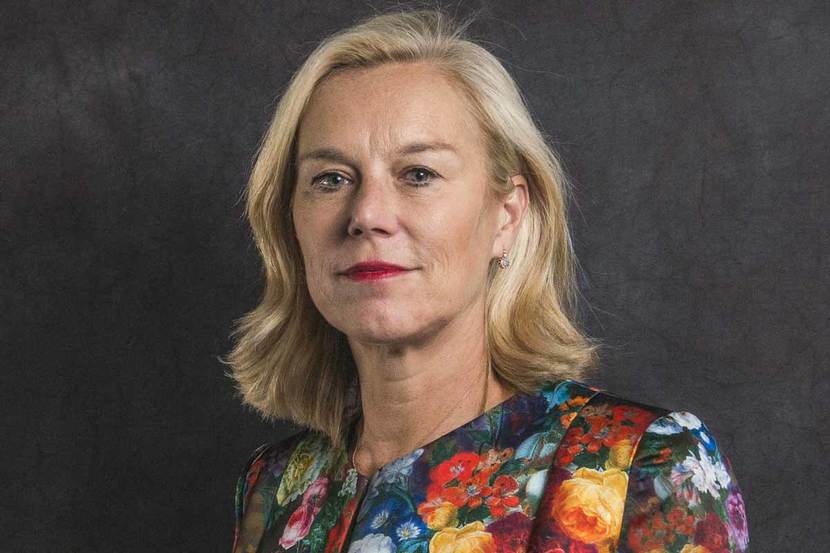Following the collapse and disintegration of the former Soviet Union, the concept of globalization has taken its place in the agenda of international relations, the effects of which have been fully felt in the Black Sea basin and neighboring areas, engendering the need for regional cooperation. In June 1992 the Black Sea Economic Cooperation initiative was formally endorsed at a summit meeting in Istanbul and announced to the public with the “Bosphorus Declaration”, with the participation of Armenia, Azerbaijan, Bulgaria, Georgia, Moldova, Romania, Russia, Ukraine and Turkey, also joined by Greece and Albania and later Serbia, to establish a regional international organisation to promote economic cooperation in the wider Black Sea basin.
The idea and aim was clear from the very start: with the geographical proximity of the participating states and in view of the complimentary nature of their economies, to promote commercial, economic, technological and scientific cooperation and to turn the wider Black Sea basin into a region of peace, prosperity and cooperation. The potential for wide ranging cooperation brought with it the need for institutionalisation and the Black Sea Economic Organisation (BSEC) was established in due time. In twenty years, BSEC has developed to become the most inclusive and comprehensive organisation in the wider Black Sea basin, staying true to its aims as a regional initiative for economic cooperation and an attempt to integrate the region to international complimentarity with political and economic restructuring.
Today, in the light of changes brought about by international developments, the region and together with it, BSEC are faced with new conditions, requirements, opportunities and challenges. The changes can be identified on regional and global scales. At the regional scale, two Black Sea coastal states, Romania and Bulgaria have joined the European Union. A third, Ukraine keeps its prospects in that direction open. Although BSEC has never vied for competition with the EU , to the contrary, has aimed at integrating the region with international cooperation and to some extent Greece’s membership was also to establish connection with the EU, it is nevertheless a fact that BSEC providing the major focus of economic cooperation for the Black Sea basin now faces new venues of diversion or attraction. Further complicating the situation are the political issues of bilateral nature among the member states which have persisted or even deteriorated , hampering cooperation also in other fields and creating hurdles for likeminded approaches.
On the global scale, we witness today that a shift of economic and political gravity has started to take shape from the East to the West, from Europe to Asia-Pacific where the BSEC region poses to play a more important, even crucial geopolitical and economic role. The region is thus being carried to the center, forming the nexus of Eurasia and providing the crossroads for tranquil realisation of global economic cooperation and development and redistribution of economic prosperity in a stable and balanced manner. All this carries with it a new understanding and responsibilities as well as a new horizon with new opportunities and challenges.
At such a new era when the countries of the region need to assume even more creative cooperation and solidarity than ever before, the continuation of bilateral issues as obstacles to a regional approach and win-win mentality puts a brake on the best use of existing potential and sets a negative precedent for the regional as well as global cooperation and stability. As regards Turkey, she has been able to read the developments correctly and, as was the case with the founding of BSEC, has shown resolve to pioneer in taking appropriate steps to changing times and conditions. The twentieth-anniversary agenda adopted at the twentieth anniversary of BSEC in Istanbul is an important document for enhanced partnership, charting BSEC’s road to the coming era of challenges as well as opportunities. No less important is also the Regional Integrated Transport Corridors Project extending from the Caucasus to Central Asia and beyond, introduced by the Ministry of Foreign Affairs of Turkey, which is comprehensive, timely, needed and feasible.
It remains to be seen, in the coming short term, whether BSEC and the region will succeed in adapting to this evolutionary transformation or whether the need for new groupings will surface for like-minded approaches and common vision. Armenia will be assuming the rotating presidency of BSEC in June. As a member country that stands out as one to show utmost interest to regional cooperation, peace, stability and prosperity, it will be followed with interest how she will utilize the presidency, whether she will be able to scrap away past obsessions and misdeeds. With a peculiar coincidence, it will be Azerbaijan's turn to assume the presidency at the end of the year. That is bound to provide the remaining clues of the Eurasian vision in the Caucauses.
© 2009-2025 Center for Eurasian Studies (AVİM) All Rights Reserved
 A CALL FROM NAMIBIA ON HIS HOLINESS, POPE FRANCIS
A CALL FROM NAMIBIA ON HIS HOLINESS, POPE FRANCIS
 2800 YEARS OF ARMENIAN-YEREVAN?
2800 YEARS OF ARMENIAN-YEREVAN?
 THE SWISS BANK ACCOUNT OF KAREKIN II
THE SWISS BANK ACCOUNT OF KAREKIN II
 DUTCH DEPUTY FOREIGN MINISTER REBUKES THE DUTCH PARLIAMENT REGARDING THE 1915 EVENTS
DUTCH DEPUTY FOREIGN MINISTER REBUKES THE DUTCH PARLIAMENT REGARDING THE 1915 EVENTS
 A NEW FOREIGN INTELLIGENCE AGENCY IN ARMENIA
A NEW FOREIGN INTELLIGENCE AGENCY IN ARMENIA




























